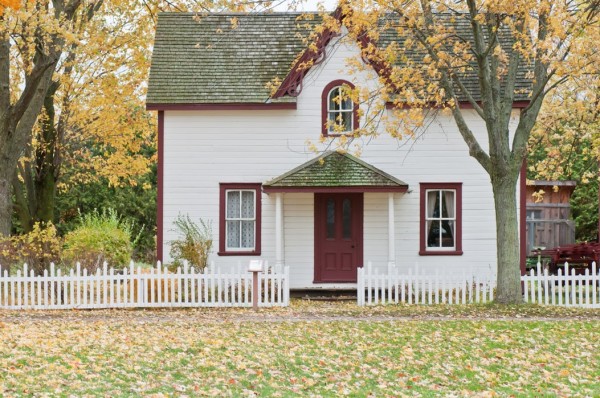
If you are planning to retire in the foreseeable future, it’s a good time to review your finances to see how you will fund your old age. Of course, in an ideal world, we’ll all retire happily with the mortgage paid off and enough money in a personal pension and other savings to live out our days comfortably. But what if there isn’t sufficient provision to deliver the income you need in retirement?
Recent research suggests that almost 4 in 5 of Britain’s over-55’s are unprepared for retirement, with half not having a personal pension, and just over a quarter not having a workplace pension. The survey also revealed that 68% were expecting their property to play a part in their retirement planning.
If you’re a homeowner, using your property asset to help generate more cash for your retirement may be a sensible option. Here are 3 ways this could be achieved.
#1 Equity Release
Assuming you have lived in your home for a while, you may well have built up some equity that could be tapped into in an effort to raise funds. Equity Release schemes are designed around your needs, allowing you to take advantage of the equity accumulated in your property. In effect, you are borrowing against the value of the asset while continuing to live there.
If this sounds like it might resolve your personal situation, you should take professional advice from a specialist equity release specialist such as John Whyte Equity Release.
There are 2 main schemes available in the marketplace:
- A Lifetime Mortgage is a long-term loan secured against your property. There are typically no repayments required until the end of the plan when the loan plus interest is repaid in full. Usually, this would happen when the property is sold after you pass away or go into residential care.
- A Home Reversion plan allows you to sell part or all of your home in exchange for a lifetime lease. This will either give you a regular income, a tax-free lump sum or a combination of both.
Equity Release schemes have often been misunderstood or mistrusted in the past, but modern lifetime mortgage products are transparent and user-friendly. The downside with equity release is that the compounding effect of interest roll-up can make the loan grow quickly, potentially to the point of the full value of the property. However, ‘no negative equity’ guarantees and inheritance protection provisions can be put in place to avoid this from happening.

#2 Getting a lodger
Another way to generate an extra income stream using your home is to rent out your spare room. Again, this enables you to stay in your home while making the housework for you. Under the government’s Rent a Room scheme, you can earn as much as £7,500 per annum tax-free by letting out a room.
Making money out of a guest room can take various forms. You could simply advertise for a permanent lodger, or put the room on Airbnb for short term letting. Depending on your location, there may be a high demand for spring/summer accommodation by language schools, or you could investigate part-time accommodation and guardianship services to overseas students attending boarding schools in the UK.
Whichever you opt for, you should be prepared to share the communal facilities with your lodger. Many casual landlords find the arrangement benefits both sides, and long-term friendships often originate in this way.
#3 Downsizing
If you find that the original family home is simply too large for you to manage, particularly if the children have moved away, now might be a good time to sell up and move to a smaller property. Research suggests that 44% of people would downsize to make up for a shortfall in retirement income.
Freeing up equity by moving into a cheaper home may be the perfect solution, but your personal circumstances and preferences will play a large part in determining whether this is the best way to go. Would a smaller property be feasible when the children come to visit? Are you reluctant to get rid of furniture and possessions or unwilling to give up the space you’re used to? What about the change in lifestyle and the upheaval of moving away from friends and family?
Even if you are happy to accept a much smaller property or starting over in a new location, how much cash could you realistically release, bearing in mind that stamp duty, estate agent’s fees, removal and decorating costs will all eat into the capital available for downsizing? Would you be able to generate sufficient income from the net gain to achieve your objectives? It’s important to look at the figures carefully before you put the house on the market.




 POSTED BY
POSTED BY 

